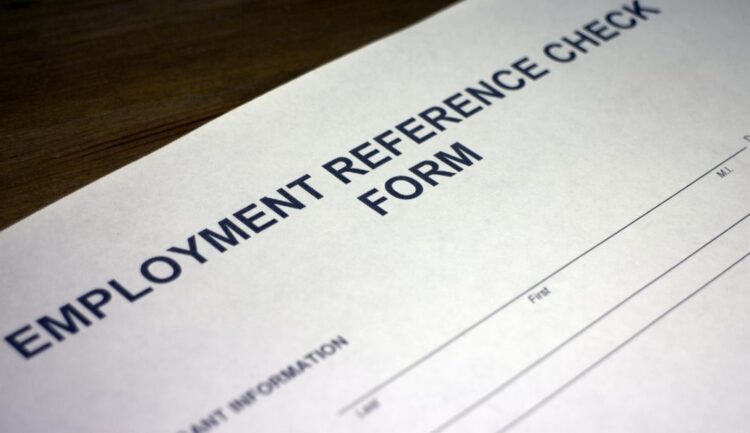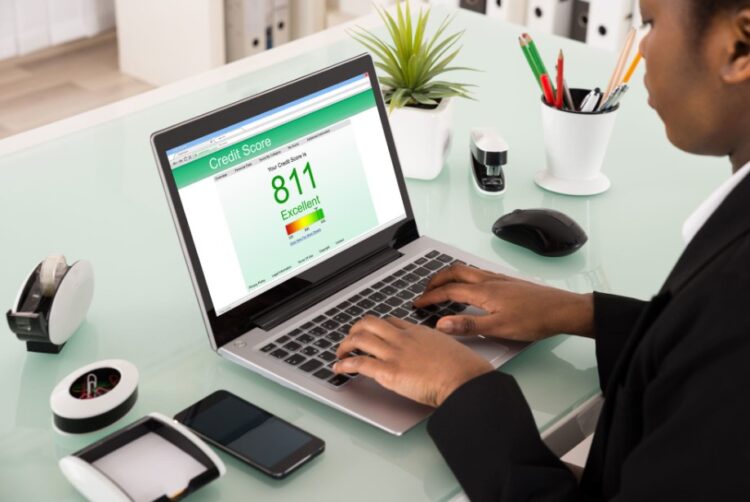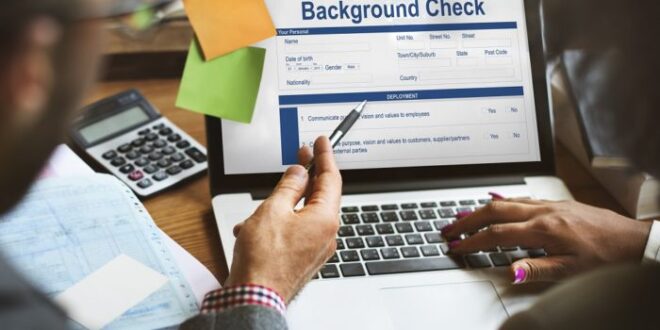Background screening has been around since before the world wide web, but it used to take much longer to perform. Today, one rarely takes more than a few days, and the majority can take as little as two minutes.
There are two types of checks: level 1 and level 2. The first takes a few minutes, and the second takes up to two days.
This guide will cover the different types of checks, what they include, and the most common reasons to carry one out.
Level 1
This section will cover the most popular types of background checks and the jobs they are required for.
Criminal records
Most jobs involve criminal screening, especially political appointments and public services. Jobs in finance and law also mandate a criminal background check.
Recruiters run candidates’ names and social security numbers in district court repositories and sometimes in the FBI criminal database. It is also common to conduct these searches on a county level to check for arrests, warrants, or other records. On this level, they tend to take longer because there aren’t many digital databases. The organization’s HR department or third-party screening service provider has to prepare these reports manually.
Reference checks

When you apply for a job, you’re usually expected to provide references. Then, the recruiter or potential employer will verify them. Reference checks can also involve work history verification. The employer gets in touch with the people you have listed in your resume as references by phone or email.
In addition to the above, reference checks can probe a candidate’s attitude toward work and personal traits. Employers look for qualities like reliability, loyalty, etc. Some employers might even contact former coworkers of the candidate even though they haven’t been listed as references. This is known as back-door referencing, and its legality is questionable.
Verifying employment history
This is also part of a standard Level 1 background screening. If the job position requires long experience in the sector, this check can expand into a separate report. It can take over a week to verify employment history. The recruiter gets in touch with the candidate’s previous employers by phone or email and asks about employment beginning and end dates. They might also ask why the employment relationship ended or for summaries of the candidate’s performance.
Academic verification

This type of background check is crucial for candidate teachers and teacher assistants. Everyone looking for a job in education is subject to an academic background check, including lecturers and professors. The institution aims to verify academic achievement by studying the candidate’s academic record.
The check can extend to cover any degrees awarded, academic scholarships, any patents held, etc. To perform one, the employer will contact the school the candidate graduated from by email or phone. This is sometimes done online, but not always, as not all schools maintain online academic records.
Social networks
If a job involves managing a company’s profiles on different social media, the recruiters might ask to get in touch with the candidate and check how they manage their own social media accounts. Special attention is turned to the content the candidate shares and their views on different social, political, and environmental issues.
This type of background screening aims to establish if the candidate’s behavior aligns with the company’s brand image or business ethics.
Financial background

To check someone’s credit score, the employer must ask for consent. Financial background screening is typically carried out during the trial period. Credit score checks show one’s financial history: consumer loans, credit cards, mortgages, etc. They can also reveal past bankruptcies and if the person has had unpaid loans or bills.
Drug screening
Everyone applying for a job in healthcare is subject to this type of background check. Medical staff typically have access to strong prescription drugs. A candidate with a history of misuse would not be suitable.
After being hired, workers in healthcare might undergo regular drug testing, including blood and urine tests.
Level 2 checks
Only Florida does background screenings on this level. The person performing the check enters the subject’s fingerprints into the federal and state database to check for past offenses. A level 1 screening only requires the job candidate’s name and a few other personal details.
Level 2 checks are not mandatory in Florida. They are required for very well-paid positions, jobs that involve working with valuable assets or vulnerable people, and appointments with high responsibility.
 Hi Boox Popular Magazine 2024
Hi Boox Popular Magazine 2024



